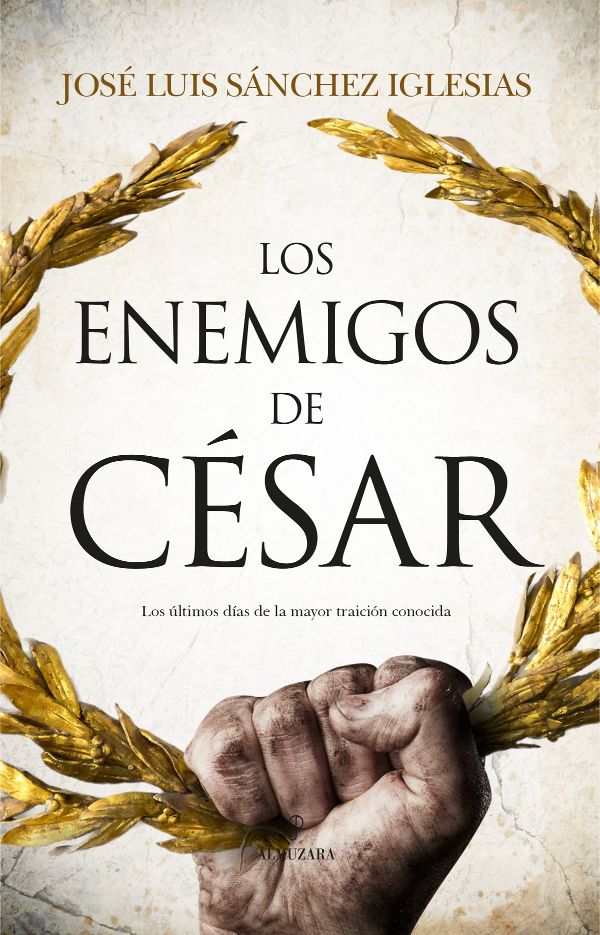
Description
xIn the middle of the 1st century BC, Rome was the greatest power in the Mediterranean area. However, the continuous expansion and conquest, demographic and economic growth and the crisis of the state model had fragmented Roman society, greatly increasing social polarization. The Senate was divided into two factions: the popular ones, representing the reformist faction that was committed to expanding citizenship to the new subjects of Rome and providing greater democratization to the institutions, by increasing the power of the assemblies; and the optimates, a conservative aristocratic faction that wanted to limit the power of the popular assemblies and increase the power of the Senate. Between the years 49 and 45 AC a new military conflict took place showing Julius Caesar's personal confrontation against the traditionalist and conservative faction of the Senate, militarily led by Gnaeus Pompey the Great. Caesar's enemies tried to destroy him politically because of his growing popularity with the plebs and the increase in his power after his achievements in Gaul. First, they tried to remove his position as governor of these provinces, and then they judged him, which led to a serious political crisis that flooded the streets of Rome with political violence. Julius Caesar´s response: the famous crossing of the Rubicon River with his troops, towards Italy, which started what has been known as the Second Civil War, putting an end to the Roman Republic. Marcus Cayus Gaius, the tribune who will become Julius Caesar's confidant; Gaius Cassius Longinus, quaestor of the army of Marcus Licinius Crassus and his brother Quintus, tax collector in Hispania; Pacoro, son of the Parthian king Orodes II; Nameyo, the Gallic gladiator; Olympus, Greek doctor, disciple of Aristophanes, the doctor of the Egyptian pharaoh Ptolemy "Fauletes" and his family; Quineto Escápula, landowner from Córdoba, and Pompeya, niece of General Gnaeus Pompey, will be some of the main characters in this novel and who, in one way or another, will intervene in the conspiracy that will put an end to the Roman Republic.
Additional Information
xPages: 496
Imprint: Editorial Almuzara
Format: Paperback
Collection: Novela Histórica
BISAC Code: FIC014000
- Choosing a selection results in a full page refresh.


